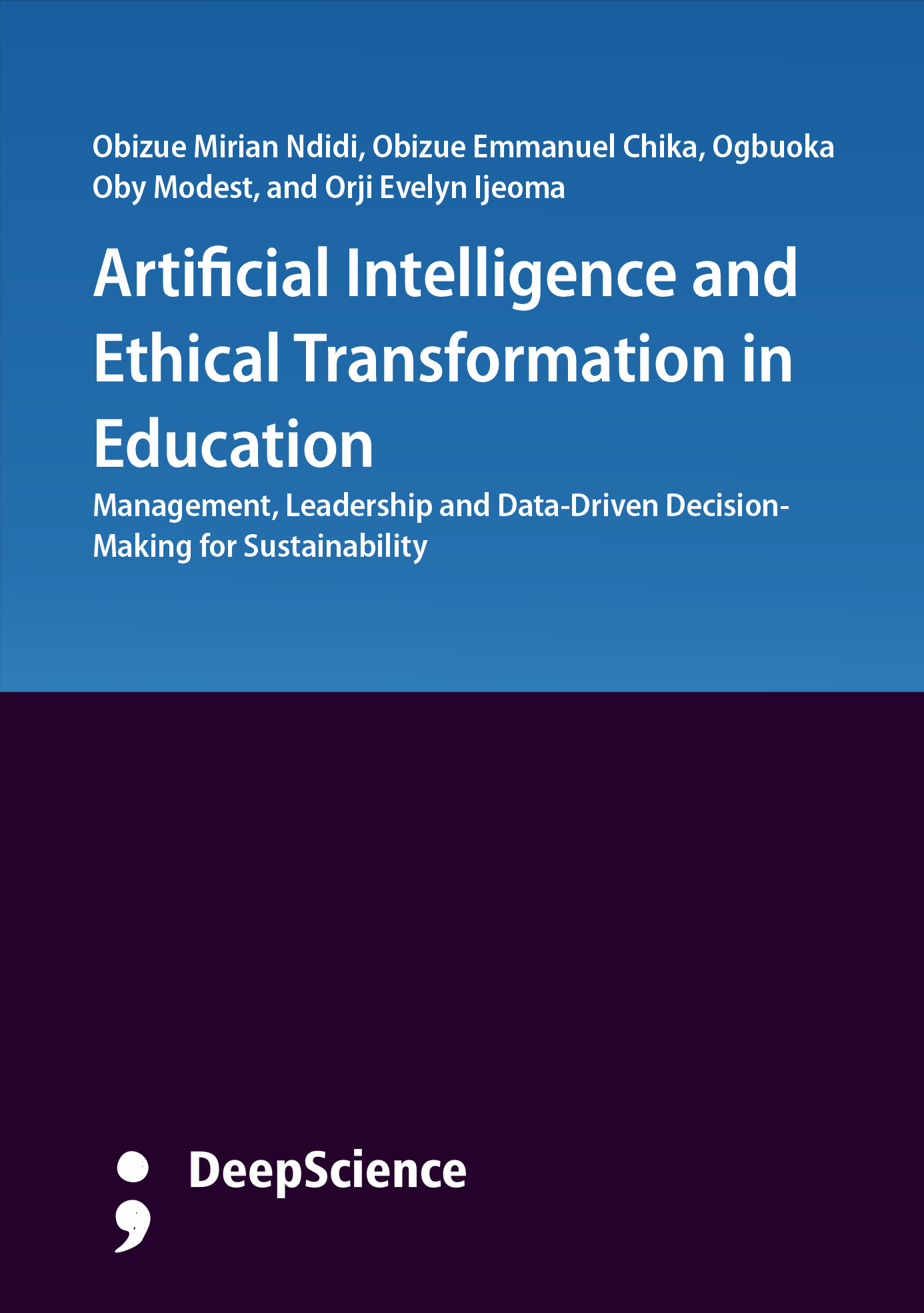Understanding AI Bias in Education
Synopsis
AI is relatively new to the Nigerian Education sector, although many AI-based learning platform solutions, AI-based school management tools that incorporate predictive analytics, and the first smart classroom-based intervention projects are now beginning to develop. The number of problems associated with introducing technology into education is vast. A significant issue for the development of AI-based solutions to support education is the possibility of AI systems containing bias. Bias in AI is the unequal and systemic outcome produced by an algorithmic system; it can reflect or enhance existing social, cultural or data-based inequalities. Furthermore, biases can occur at multiple levels within an AI system (e.g., data used to build the model; methodology used to create the algorithm; interpretation and usage of the output). Given the depth of the historical, geographic, socio-economic and linguistic inequalities found in Nigeria, the likelihood that these inequalities are represented or exacerbated through the use of AI systems that contain bias is great. As such, the different forms of bias and how each may be related to the educational environment of Nigeria, will be discussed in detail in this Chapter. Many of the AI-based educational tools that have been recently introduced into Nigerian schools, were designed and implemented by international donor organizations or private companies that may have little knowledge of the complex nature of the Nigerian environment. In doing so, AI-based educational systems in Nigerian schools frequently serve to disempower and exclude disadvantaged students thereby increasing existing educational inequities. While AI has the ability to provide highly customized education, the potential for AI to increase existing inequities exists if bias in AI is allowed to grow. Therefore, a justifiable, inclusive and critical perspective on how AI is used to protect the rights of all students will need to exist to assure that AI achieves its full potential. AI must be developed with awareness of bias, and therefore, bias cannot be an afterthought when developing an intelligent solution for education.













